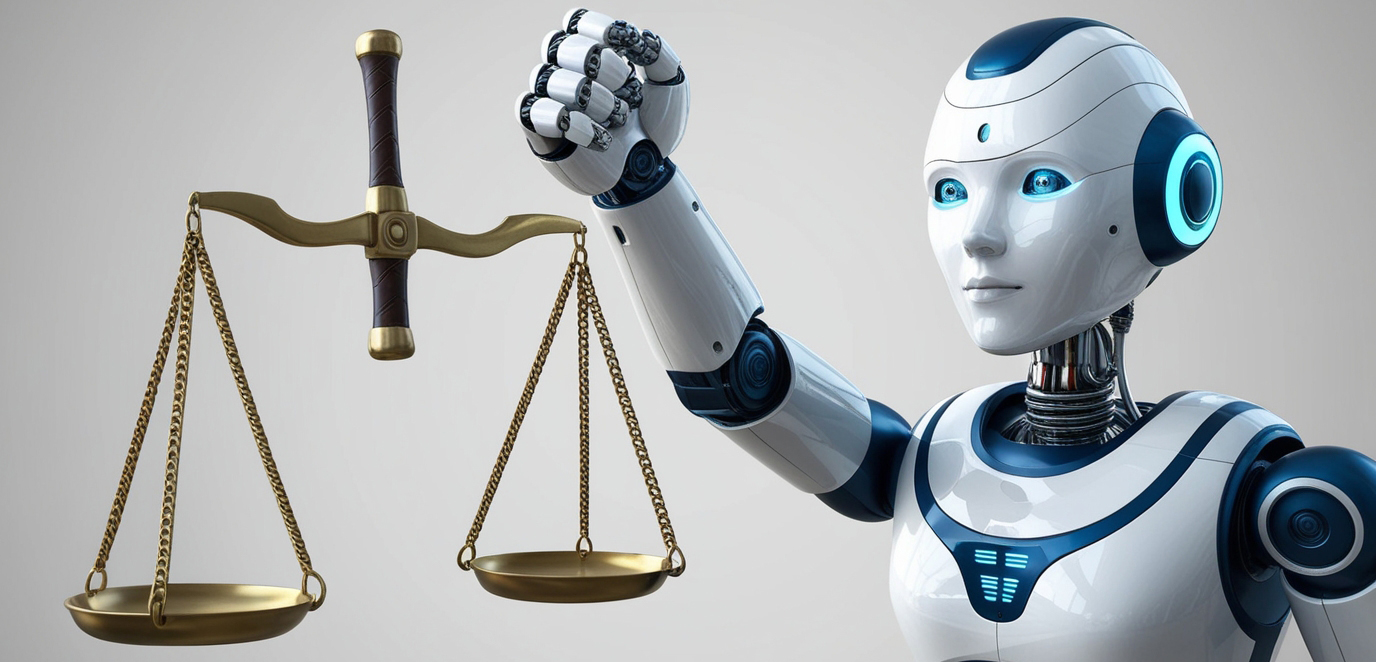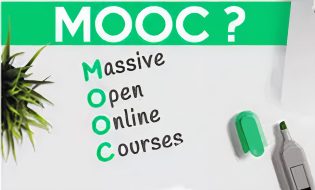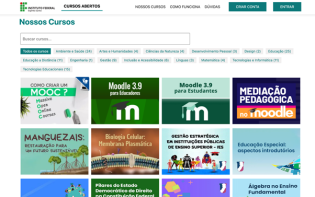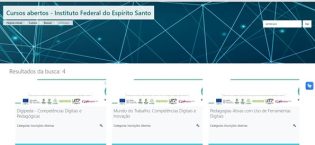Copyright in the Age of Artificial Intelligence: Challenges and Opportunities
Published 27 September 2024

Photo by: LeonardoIA
The article examines the legal and ethical challenges posed by artificial intelligence (AI) in relation to copyright. It addresses the debate on the authorship of AI-generated works, possible legal reforms and their impact on the creative industry, highlighting the need for new regulations to balance technological innovation and intellectual property protection.
The advent of artificial intelligence (AI) has revolutionized multiple areas, from the automation of industrial processes to artistic creation. However, with this technology new challenges emerge in the field of copyright. AI has the ability to generate text, music, images and other creative works that were previously exclusively the domain of humans. This raises fundamental questions about intellectual property and how copyright should be regulated in this context.
Artificial Intelligence as Creator
Traditionally, copyright protects the original creations of human authors, granting them exclusive control over the distribution, reproduction and commercial exploitation of their works. However, AI has changed this paradigm by being able to produce autonomous works, such as musical pieces generated by algorithms, paintings made by neural networks or even books written by language models. This brings us to a crucial question: who is the author in these cases?
A work created by an AI has no direct human author in the traditional sense. The algorithm that generated the work was developed by programmers, but the creative process is performed by the machine. Current debates center on whether AI creations should be copyrighted and, if so, to whom these rights are granted. Some suggest that the owner of the software or the developer of the algorithm should be the owner, while others argue that AI-generated works should not be copyrighted, as they are not the result of a “human creation.”
Legal and Intellectual Property Challenges
The current legal framework for copyright was designed with humans, not machines, in mind. Copyright laws in most countries require works to be original and created by people. In many countries, works created by machines do not qualify as “original” in the legal sense, since autonomous AI creation is not considered a conscious human activity.
An example of this dilemma is copyright law in the United States, which requires a work to have a “human author” in order to be protected. In one famous case, the U.S. Copyright Office rejected an application for protection for a selfie taken by a monkey, arguing that animals (and by extension, machines) cannot be authors. Similarly, in Europe and elsewhere, copyright proteThere are several proposals to address copyright in the context of AI. One of the most commonly mentioned solutions is the creation of a new legal category for machine-generated works. This would allow rights holders, such as software developers or people who configure AI systems, to claim copyright protection. However, this also raises questions about fairness and credit allocation. If an AI can produce infinite variations of a work, how can the value and exploitation of these works be regulated?
Another solution is a hybrid approach, where AI is considered to be a tool used by humans. In this case, the human who directs the creation process, either by programming the algorithm or by selecting the generated options, could be recognized as the author of the work. This could allow humans to maintain control over the artistic production and ensure the originality of the works.
The Impact on the Creative Industry
AI has also opened up new possibilities in the creative industry. AI-based tools are being used to help writers, designers, musicians and filmmakers improve their productivity and creativity. Automating certain aspects of creation allows artists to focus on the more human and emotional side of art. However, AI’s ability to create works on its own also poses the threat of human creations losing value in a market saturated with machine-generated content.
In sectors such as advertising, commercial music and graphic design, companies are already leveraging AI to generate content at much lower cost. This may displace some human artists and creative workers, while others could see an increase in demand for their skills to oversee and supplement AI-generated works.
Ethical Considerations
In addition to legal challenges, copyright in times of AI also raises ethical considerations. Is it right for companies or individuals to claim ownership of a work that was actually created by a machine? Should we allow AI to “compete” with humans in the artistic and creative realm? These questions are difficult to answer, as they involve debates about the nature of art, creativity, and the value of human labor.
There is also concern that AI could be used to copy artists’ styles and works without their consent. AI trained on large datasets, which include works by well-known artists, could replicate the style of a painter or composer without the original artist receiving credit or compensation. This raises questions about originality and the protection of artistic legacy.
In conclusión
The advancement of artificial intelligence in the creation of artistic and literary works has challenged traditional concepts of copyright. Current law is ill-equipped to fully address the implications of AI-generated works, calling for new proposals and legal reforms to protect both human creators and AI works. While some see AI as a threat to the value of human creations, others see it as a powerful tool that can enhance creativity.
Ultimately, the balance between technological advancement and copyright protection will depend on the ability of lawmakers and society to adapt to this new reality. Discussions on how to manage copyright in times of AI are just beginning, and the decisions that will be made in the coming years will be crucial in defining the future of creativity and intellectual property.




Parabens pelo lindo trabalho
O conhecimento é a chave para transformar a sociedade